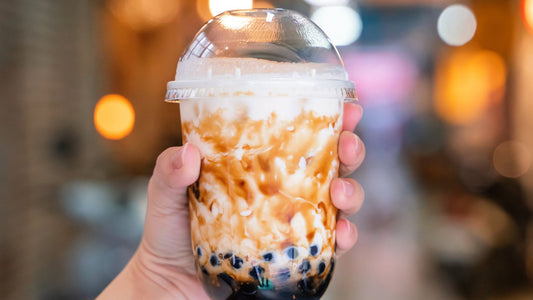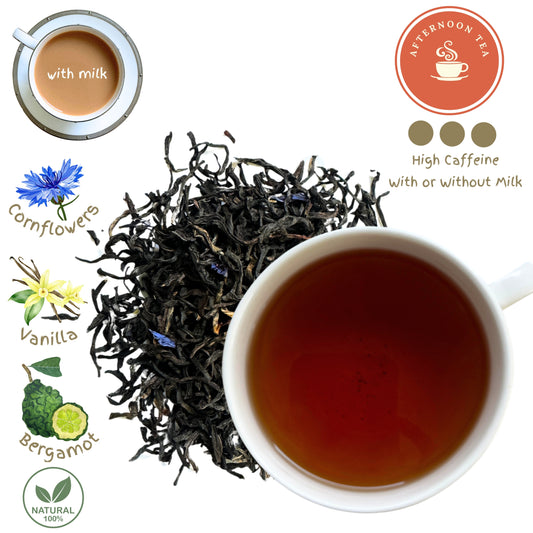Blockchain technology is a decentralized digital ledger system that enables secure, transparent, and immutable recording of transactions across a network of computers. Each block in the chain contains a list of transactions, and every block is linked to the previous one, forming a chronological chain. This structure ensures that the data stored within the blockchain is tamper-proof and resistant to alteration.
History of Blockchain
The history of blockchain technology dates back to 2008 when an individual or group using the pseudonym Satoshi Nakamoto introduced it in a whitepaper titled "Bitcoin: A Peer-to-Peer Electronic Cash System." While the whitepaper primarily focused on creating a digital currency (Bitcoin), it introduced the foundational concepts of blockchain technology.
The first blockchain technology implementation was Bitcoin, launched in January 2009 as an open-source software. Bitcoin's blockchain serves as a public ledger for recording all transactions made with the cryptocurrency. Over time, developers recognized the broader potential of blockchain beyond cryptocurrencies and began exploring its applications in various industries, including finance, supply chain management, healthcare, and government.
Since its inception, blockchain technology has evolved rapidly, with numerous other blockchain platforms and cryptocurrencies emerging, each with unique features and capabilities. Today, blockchain technology is recognized as a disruptive force with the potential to revolutionize multiple sectors, including space exploration and research conducted by organizations.
Why maNASA Tea is investing in implementing Blockchain Technology by the end of 2024.
Farm to Cup
Implementing traceability for Manasa tea through a QR code on the tea package can provide consumers with valuable information about the tea's journey from cultivation to packaging. Here's how a Manasa tea drinker can quickly learn about traceability by scanning a QR code on the tea package:
- Scanning the QR Code: The Manasa tea drinker would start using a smartphone or a QR code scanning app to scan the QR code printed on the tea package. Most smartphones have built-in QR code scanners in their camera apps, making it convenient for consumers.
- Accessing Traceability Information: Upon scanning the QR code, the consumer would be directed to a webpage or a mobile application designed for maNASA Tea traceability. This platform would provide detailed information about the tea's journey, including its origin, cultivation practices, processing methods, and packaging facilities.
- Exploring Tea Journey: The consumer can then explore various aspects of the tea's journey by navigating the traceability platform. They may find information about the tea estate where the tea was grown, the farmers involved in cultivation, the harvesting techniques used, and any certifications or quality standards adhered to.
- Viewing Certifications and Quality Assurance: The traceability platform can display certifications obtained by the tea producers, such as organic certification, Fair Trade certification, or certifications related to sustainable farming practices. Consumers can verify the authenticity of these certifications and gain confidence in the tea's quality and ethical sourcing practices.
- Learning About Sustainability Efforts: Learn how maNASA Tea is produced using sustainable practices; the traceability platform can highlight these efforts, such as eco-friendly farming methods, water conservation initiatives, and biodiversity conservation measures. This information can resonate with environmentally-conscious consumers who prioritize sustainability.
- Engaging with Producers: Some traceability platforms may also allow consumers to interact with tea producers directly, providing opportunities to ask questions, leave feedback, or even participate in virtual farm tours or live Q&A sessions. This direct engagement enhances transparency and fosters a connection between consumers and producers.
By scanning a QR code on the tea package and accessing traceability information, maNASA Tea drinkers can make informed purchasing decisions, support sustainable and ethical practices, and gain a deeper appreciation for the tea's origins and journey from farm to cup.










